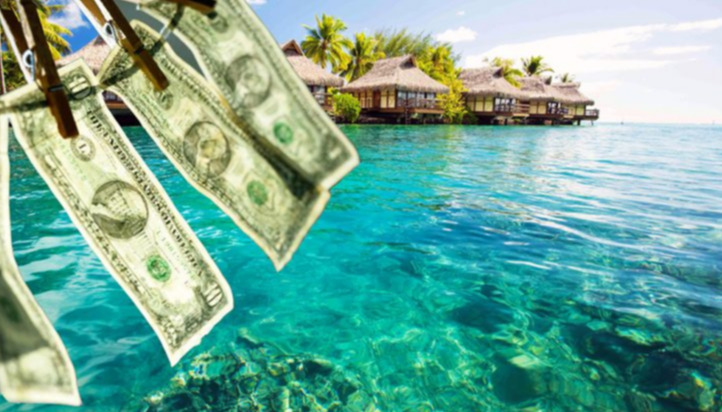
Imaen / IberoEconomy
By Guillermo Alvarado
In recent times, and to the surprise of some, the United States has become one of the main attraction poles for capital deposited in the so-called "off shore" accounts, generally opened for not entirely honorable purposes.
I say that this is surprising to some, because this is a country that likes to present itself as the leader of transparency, which in fact grants itself the power to sanction those it considers opaque in the management of local and foreign finances, and there are always those who can believe the discourse.
However, the recent report, called "Pandora's Papers," published by the International Consortium of Investigative Journalists, made up of some 280 communicators from more than 100 countries, shows the active and growing role of the U.S. in these dark dealings.
Opening an account or creating an offshore company is not in itself a crime; it is an everyday operation carried out by banks or law firms at the request of wealthy clients.
The problem lies in the ultimate objective or purpose of the transaction, especially when it is to evade taxes, cheat the tax authorities or hide money of illicit origin, whether bribes, embezzlement, theft or the proceeds of organized crime.
South Dakota, Florida, Nevada, Texas, Delaware, have already begun to displace the small Caribbean islands or Asian countries, sown in the popular imagination as traditional tax havens.
It happens that the business of helping the super-rich to hide their fortunes in the most absolute discretion gives very good profits, both to the banks and to the lawyers in charge of the matter.
Nothing that is lucrative is alien to the interests of the United States, which on the one hand boasts probity and on the other hand allows soft legislation to receive streams of money in its financial system.
Washington exerts pressure on other countries to make their banks share sensitive information, but in 2014 it refused to join an international initiative that would force its institutions to hand over data about the foreign assets they hold in their hands.
Thanks to permissive laws in 17 U.S. states, law firms like Baker McKenzie have become one of the main pillars of the dark economy that benefits the rich at the expense of governments and peoples, states the report by the consortium that unveiled the Pandora's Papers.
What a paradox, the United States is part of the international financial intelligence apparatus to pursue tax havens, but at the same time encourages this activity at home. Curious, isn't it?

